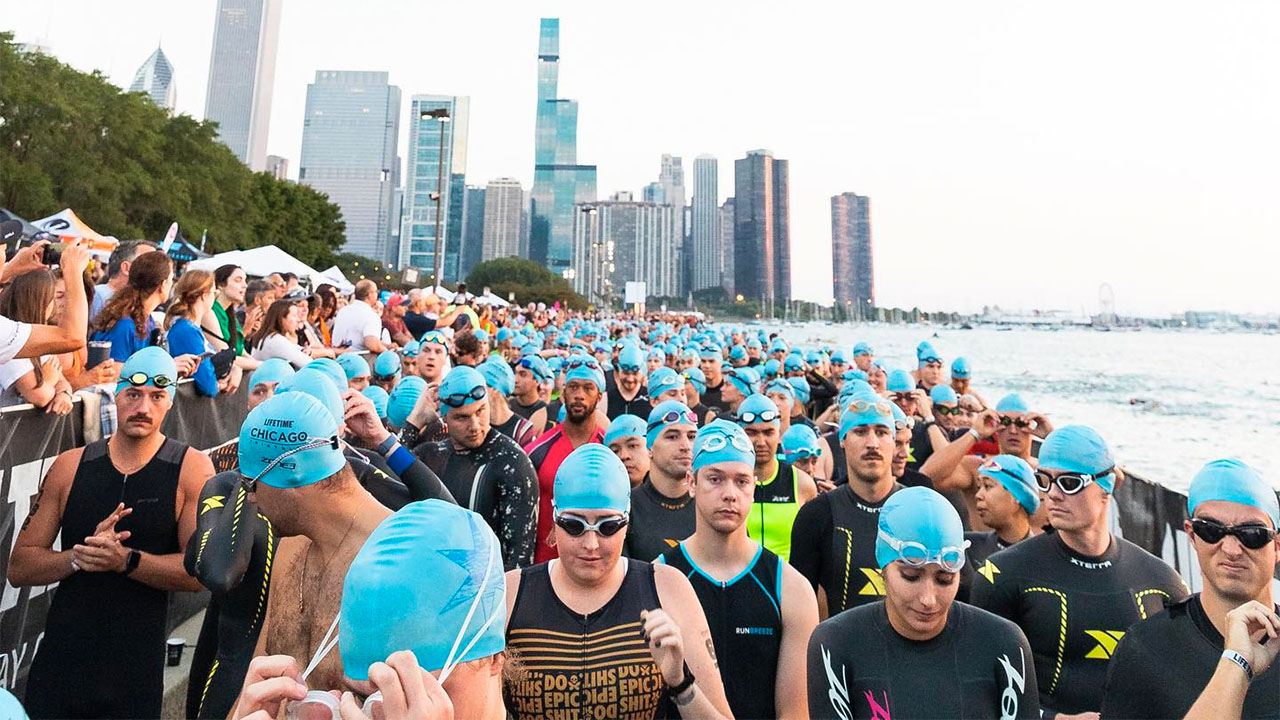Within today's fast-paced world, building resilience has turned into essential for maintaining optimal health. One of the most powerful ways to develop both physical and mental strength is through triathlon coaching. As a diverse sport that integrates swimming, cycling, and running, triathlon challenges athletes to push their limits while fostering a strong sense of discipline and determination. Engaging in triathlon coaching not only improves capabilities but also promotes overall well-being, making it a vital component for those seeking to lead a healthier life.
Triathlon coaching offers a structured approach to training, tailored specifically to personal goals and fitness levels. With the guidance of a skilled coach, athletes can develop personalized training plans that not only ready them for races but also instill a sense of confidence and resilience. This journey not only develops physical endurance but also equips individuals with the mental fortitude needed to tackle life's challenges. Adopting triathlon coaching can be a life-changing experience, paving the way for a healthier lifestyle and improved performance in all areas of life.
The Advantages of Triathlon Preparation
Triathlon preparation offers a well-rounded approach to fitness that engages several disciplines: swimming, bike, and jogging. This diversity not only avoids monotony but also boosts overall physical conditioning. Engaging in these varied activities helps to develop a stronger cardiovascular system, boost muscular strength, and enhance endurance. As a result, athletes are not only able to perform better in races but also benefit from improved general health and well-being.
In addition to physical benefits, triathlon preparation promotes mental resilience and discipline. Athletes often face difficult workouts that require dedication and perseverance. Overcoming these challenges builds mental toughness, which can translate into other areas of life, whether it be in personal goals or professional pursuits. This mental fortitude is a key component of resilience, helping individuals overcome obstacles with confidence.
Lastly, triathlon training fosters a sense of community and support among athletes. Joining a triathlon club or taking part in group training sessions creates avenues for social interaction and encouragement, making the journey more enjoyable. The camaraderie of training with others who share similar goals can motivate individuals to push their limits and achieve their full potential in both sport and health.
Impactful Training Strategies

A strong triathlon coaching program is built on customized training plans that cater to the strengths and weaknesses of each athlete. Understanding an athlete's distinctive physiology and performance history allows coaches to develop specific workouts that motivate them towards their goals without causing injury. This personalized approach ensures that athletes can focus on specific areas for growth, including swim techniques, cycling endurance, and running efficiency, which are vital for a well-rounded performance enhancement.
Incorporating psychological resilience training into triathlon coaching is equally important. Coaches can guide athletes through mental rehearsal techniques, mindfulness practices, and goal-setting strategies that enhance their mental fortitude. This mental aspect of coaching helps athletes to cope with the challenging demands of training and competition, empowering them to remain focused and positive even in challenging situations. Building mental toughness is key for triathletes, as it prepares them to face the physical and emotional stresses of racing.
Moreover, ongoing communication between the coach and athlete fosters a robust support system that is necessary for success. Frequent check-ins and feedback sessions ensure that athletes feel acknowledged and supported, allowing them to express worries and celebrate successes. This open line of communication helps to adjust training plans in real-time, ensuring they align with the athlete's advancement and state of mind. Coaches who prioritize this relationship create an environment where athletes are inspired to push their limits and achieve peak performance.
Psychological Toughness in Endurance Sports
Mental resilience is a vital aspect of success in triathlon coaching and long-distance events. Competitors often face physical and mental challenges that can distract even the most experienced competitors. Developing psychological strength can help athletes overcome these barriers, whether it's during a grueling training session or on competition day. By focusing on their mental state, endurance athletes can boost their output and maintain a positive attitude even when faced with setbacks.
One effective strategy for building psychological strength is visualization. Competitors can practice visualizing their races, seeing in their mind themselves defeating obstacles, and triumphantly completing their goals. This technique helps in enhancing focus and reducing anxiety, allowing competitors to approach their training and competitions with confidence. Furthermore, coaching in triathlons can include psychological training exercises that promote a progressive outlook, helping athletes reflect on failures and welcome challenges as chances for growth.
Additionally, cultivating a strong line of support plays a important role in enhancing psychological strength. Coaches, teammates, and family members can provide support and motivation, especially during difficult times. Participating in group training sessions can also create a feeling of community and collective goal. The integration of a optimistic mindset and a nurturing environment equips athletes with the psychological resources needed to thrive in long-distance athletics, ultimately leading to better performance and overall health.
